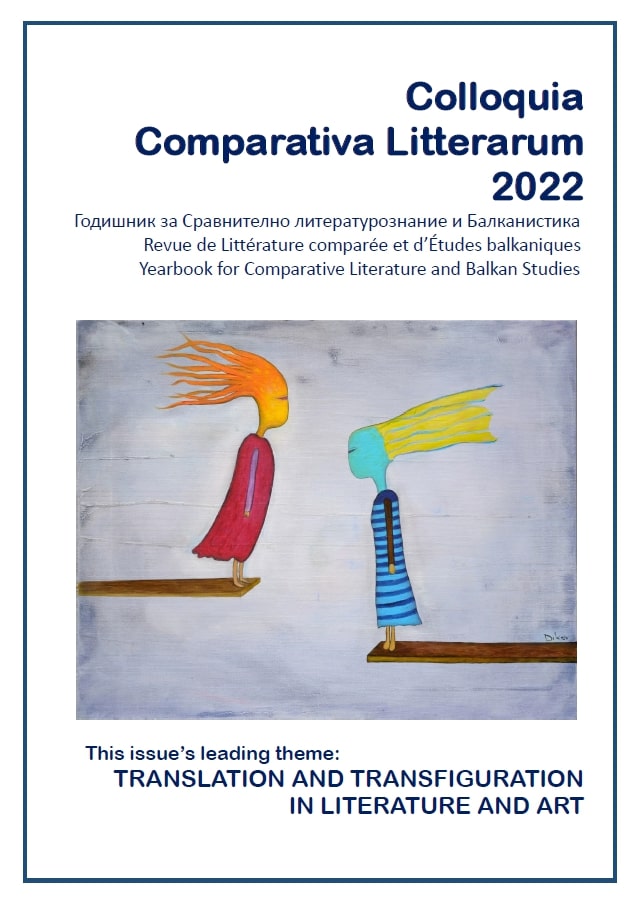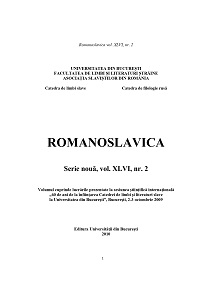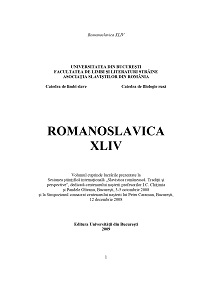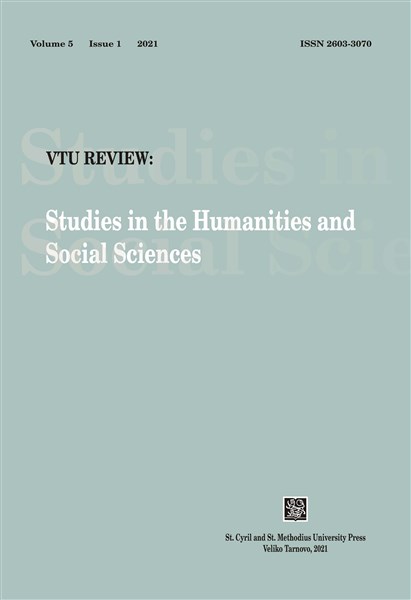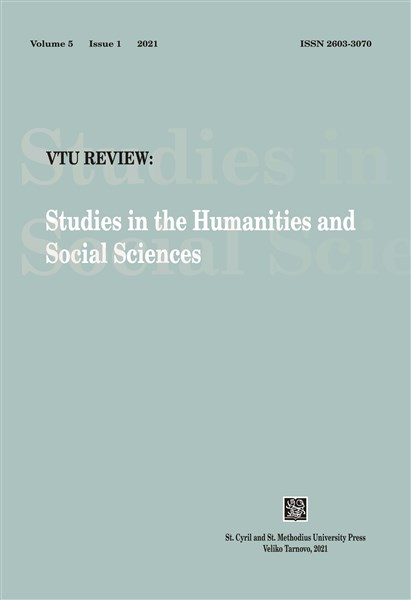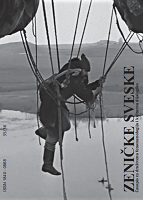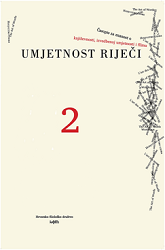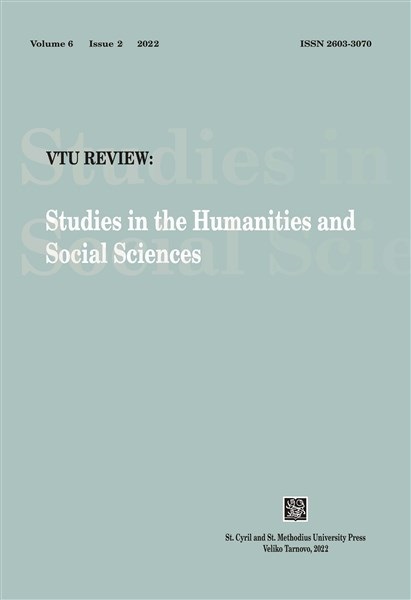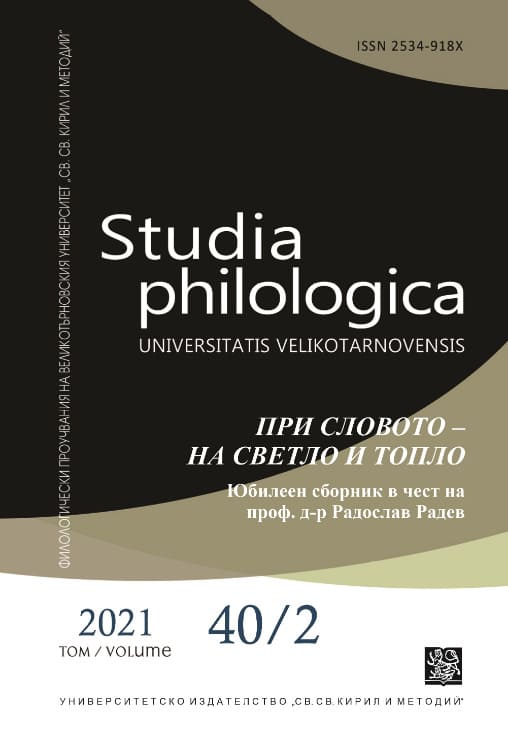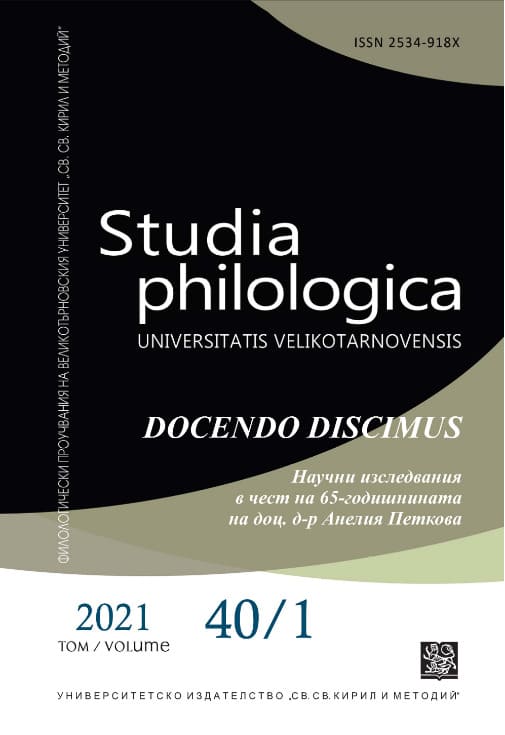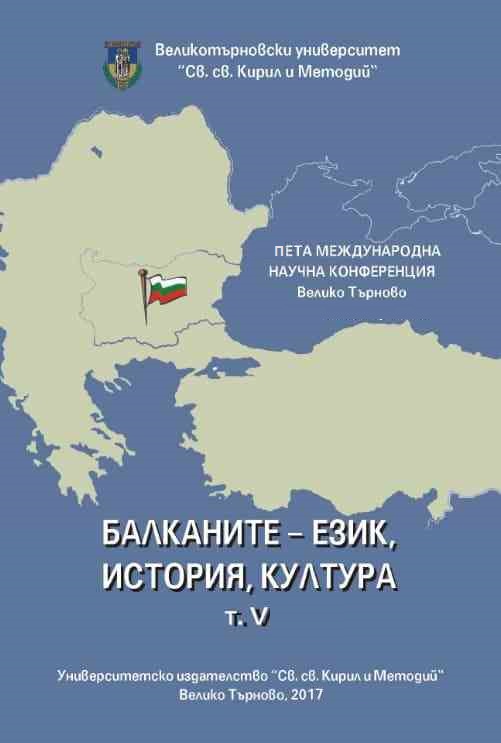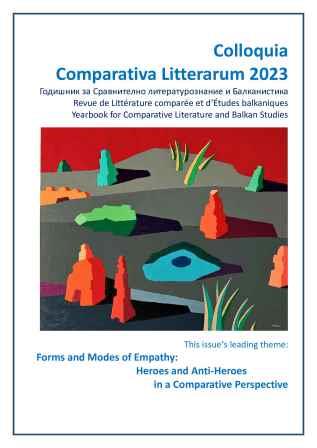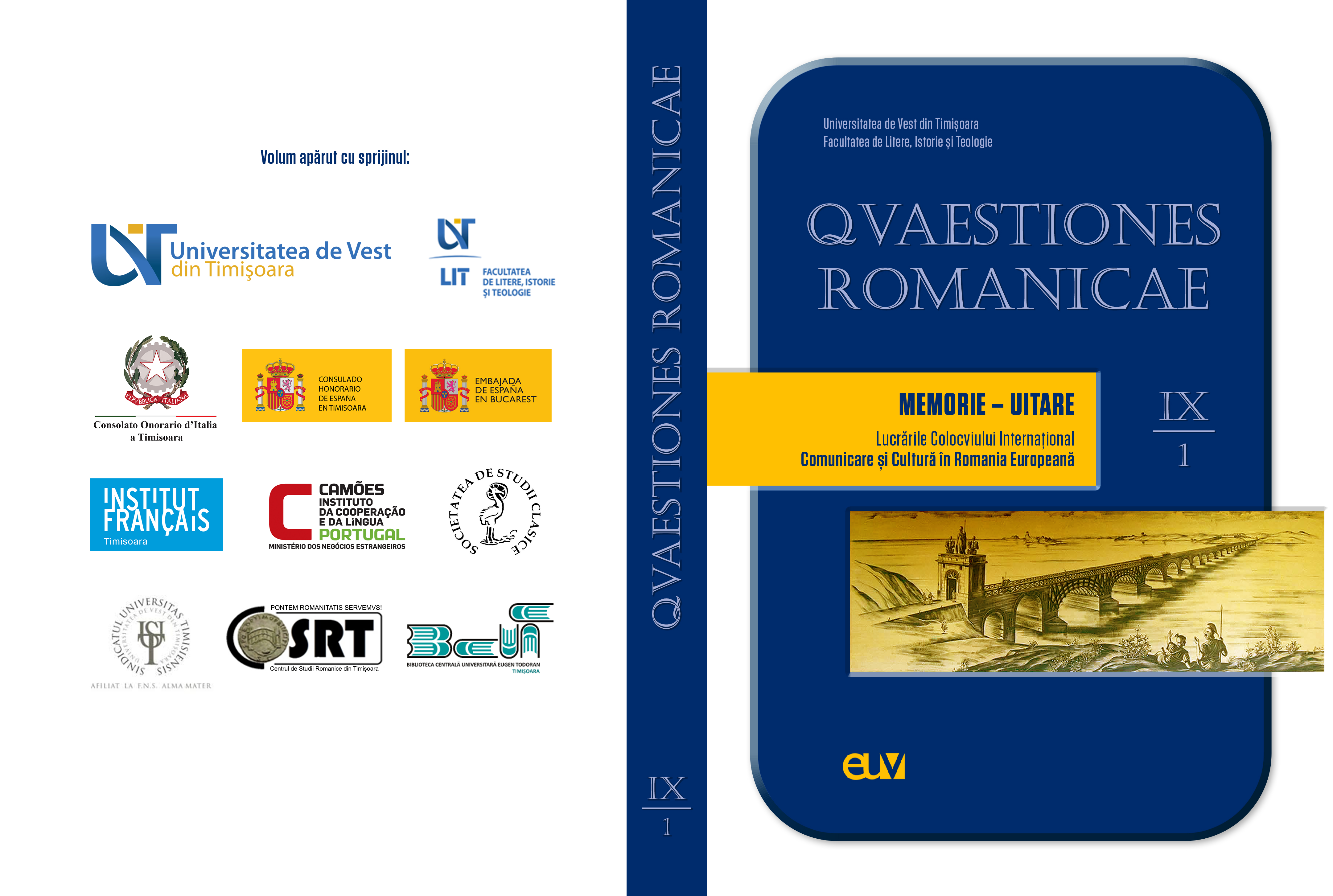
Literatura și recuperarea memoriei pierdute. Despre romanele postmemoriale ale lui Cătălin Mihuleac
The memory of the Holocaust in Romania (i.e. the participation of the Romanian authorities in the atrocious crime of the Holocaust) was distorted and occulted in the Romanian public consciousness after the end of the Second World War. It was only in the last two decades, more precisely after the public debates initiated by the International Commission on the Holocaust in Romania, chaired by Elie Wiesel, and especially after the publication of the Final Report (2004), that the Romanian authorities’ accountability for the Holocaust timidly penetrated the public discourse. However, this memorial recovery has had only a minor impact, limited to only a few academic discursive communities. As a marginal part of the memory generated by the ruptures of recent history, the traumatic memory of the Holocaust in Romania remains to be recovered in the Romanian public discourse. One of the writers fully dedicated to this recovery process is Cătălin Mihuleac, who in two recent novels, America over the pogrom (2014) and Deborah (2019), fictionally reconstructs two major traumatic events of the Holocaust in Romania: the Iași Pogrom (1941) and the deportation of the Romanian Jews in Transnistria. Using as a theoretical framework the notions of postmemory (Hirsch 2012) and prosthetic memory (Landsberg 2004), this paper analyzes these two novels, trying to show their importance as an act of a recent “memorial atonement” in the Romanian culture.
More...
